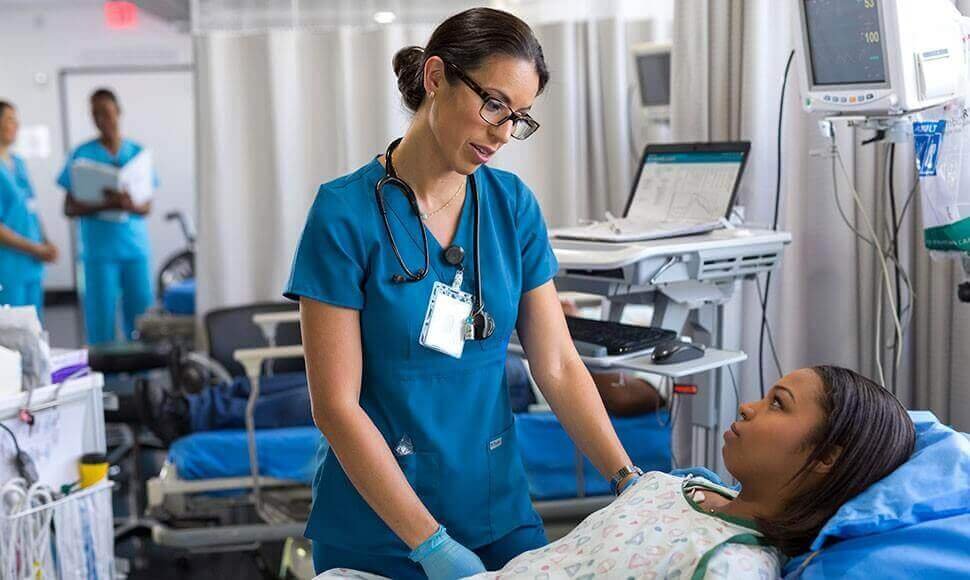Today our topic of discussion is Nurses Responsibilities in Lifting and Transferring.
Nurses Responsibilities in Lifting and Transferring

- Nurses Responsibility in Lifting and Moving.
- Evaluate the situation.
- Explain to the patient exactly what you are going to do.
- Provide equipment (e.g. ladder) which may help the patient assist in the move.
- Adjust the chair, stretcher, etc. to the bed level or vice versa and lower any hand drill or side rail.
- Hold the patient close-this will help keep your balance strain on your arms and back.
- Patient lifting system is shown in Figure 24.11
- Keep your feet apart, this will provide a stable bas.
- Use gentle rocking movements to assist the initial movement of the patient.
- When working with others, make sure everyone knows what to do in advance and move at the same time.
Preliminary Assessment
- Check
- Doctors order for specific precautions.
- General condition and diagnosis of the patient.
- Level of consciousness Self-care ability.
- Mental status to follow instructions.
- Presence of tubes and lines, e.g. intravenous (IV) lin Foley’s catheter, etc.
- Number of personnel required to move the patient safely.
- Articles available in the patients unit, e.g. stretcher, I poles, clamps for disconnecting tubes, etc.
Preparation of the Patient and Environment
- Explain the sequence of the procedure.
- Provide privacy.
- Adjust the bed to the working height.
- Provide bed pan/urinal if needed.
- Arrange the articles at the bed side.

- Remove all comfort devices used for the patient.
- Clamp the catheter to prevent back flow of urine during the transfer.
- Clamp the nasogastric tube and other tubes if any.
- Place the foot stool if needed.
- Encourage the patient assist if possible.
